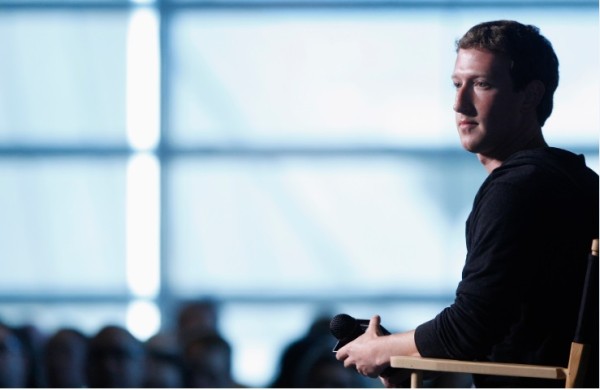A new study about Facebook filter bubble is facing backlash with critics slamming the findings.
Titled "Exposure to ideologically diverse news and opinion on Facebook," the study was authored by Facebook researchers Eytan Bakshy, Solomon Messing and Lada Adamic and was published in Science journal.
Discussing how the newsfeed algorithm of Facebook suppresses the amount of cross-cutting news articles a person sees, the study aimed to find out how online networks influence exposure to perspectives that cut across ideological lines.
With the increasing exposure to civic information, news and opinion in social media, the researchers used de-identified data to examine the interaction of 0.1 million Facebook users in the United States with news that are shared socially.
The study concluded that the choices of individuals about what to consume had a stronger effect limiting exposure to cross-cutting content as compared to algorithmic ranking.
Among the furious critics who slammed the findings of the study is the University of North Carolina professor Zeynep Tufekci.
Shortly after the publication of the study, Tufekci wrote in Medium that the Facebook filter bubble study dealt with "an undisputed, scientifically uncontested and non-controversial fact."
For Tufekci, comparing the individual choice to algorithmic suppression is like "asking about the amount of trans fatty acids in french fries, a newly-added ingredient to the menu, and being told that hamburgers, which have long been on the menu, also have trans-fatty acids."
According to Tufekci, Bakshy, Messing and Adamic minimized the impact of the Facebook algorithms and it is disingenuous of the Facebook researchers to change the focus of their paper.


